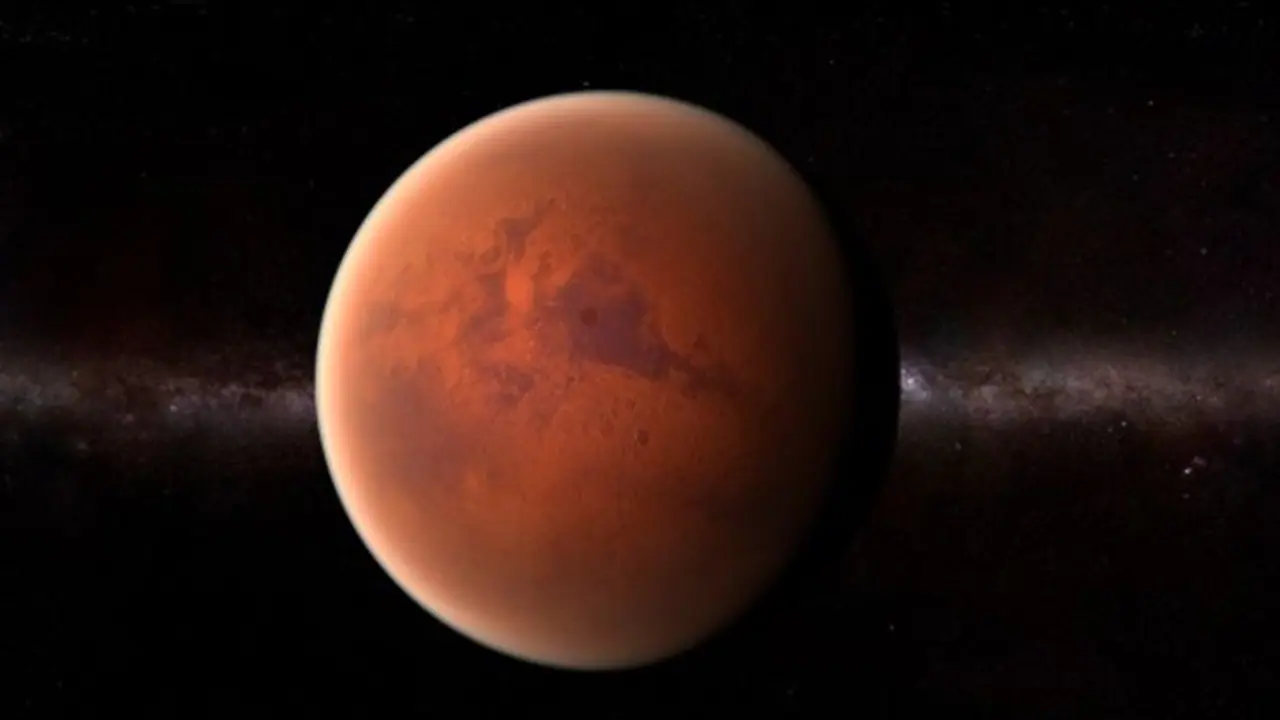The article discusses the surprising seismic activity on Mars, specifically a record-breaking earthquake, revealing its tectonic origins and its implications for Mars' evolution and potential human settlement.
Mars is revealed to be more seismically active than previously believed, according to a group of scientists who investigated a powerful earthquake that shook the Red Planet last year. Contrary to assumptions, this seismic activity was not caused by an asteroid impact but rather by tectonic forces within Mars, as reported by space.com. The record-breaking quake, the strongest ever recorded on Mars, occurred on May 4, 2022, and was captured by InSight, NASA's now-retired lander. Its magnitude of 4.7 was five times stronger than the previous record holder. Remarkably, this quake also stood out as the longest recorded, with reverberations lasting for six hours.

A comprehensive account of this discovery can be found in the journal Geophysical Research Letters.
InSight had landed on Mars in November 2018 and recorded more than 1,300 Marsquakes, as reported by space.com. Of these, eight were attributed to asteroid impacts. Initially, researchers believed the May 2022 quake was caused by a similar asteroid impact. Consequently, teams from India, China, Europe, and the United Arab Emirates diligently scoured Mars for indicators using their respective orbiters. However, they could not find any evidence of an asteroid impact. After months of investigation, scientists concluded that the quake's origin was indeed tectonic.
This particular revelation offers valuable insights into the evolutionary processes at play on Mars, a planet considered too small and too cold to support Earth-like tectonics. Unlike Earth, the Martian surface does not exhibit the same level of fracturing that is associated with plate tectonics. Nevertheless, this new study reveals that the Marsquake was a result of the release of billion-year-old stress within Mars' crust. This stress had accumulated due to various parts of the planet cooling and shrinking at different rates.
Benjamin Fernando, a postdoctoral fellow at the University of Oxford in the UK, commented on the findings, stating, "We still do not fully understand why some parts of the planet seem to have higher stresses than others, but results like these help us to investigate further." This knowledge can prove invaluable in future endeavors, such as determining suitable areas for human settlement on Mars and identifying regions to avoid.
